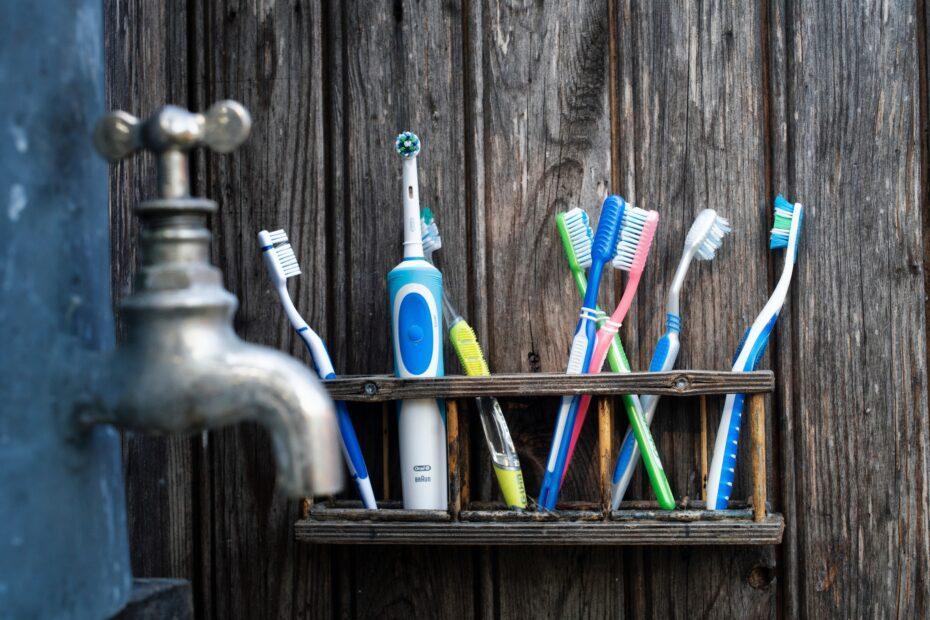The world of toothbrushes has evolved over the years. Among several types, manual and electric are still the most preferred types of toothbrushes. However, choosing between the two may seem confusing at times. Read these few points for choosing a toothbrush best suited to your dental needs.
Manual Toothbrush
The good old hand-held brushes made of plastic or wood clean your teeth well. The size, head shape, bristle pattern and hardness, and handle design vary from one style to another. The pros and cons of a manual toothbrush include the following:
Pros
Suits every pocket:
The price range of manual toothbrushes are from a few dollars to several dollars. You can buy one considering your budget, but your dentist will often give you one after your routine check.
Readily available: Manual toothbrushes are available online or at a local drug store nearby. Check the company's website if you like to stick to a particular brand or style.
Space-saving: Your manual toothbrush is a one-piece dental tool and will not take up much space, whether in your bathroom or travel bag.
No maintenance: No special upkeep is required except washing your manual toothbrush properly after brushing and keeping it clean.
Simple to use: Put a little toothpaste on it and revolve the bristles around your mouth at a 45 degrees angle. This is all a manual toothbrush needs to clean your tooth.
Cons
Requires more effort: You need to do some work and use mild pressure to move it back and forth and circularly to clean your teeth and gums properly.
Risk of overbrushing: You need to manipulate the pressure yourself while using a manual toothbrush. It may sometimes lead you to brush your teeth too hard, which is harmful to your tooth enamel and gums.
No alarm: Set aside the ordinary ones; even the best manual toothbrushes have no built-in timers. Hence, the two-minute rule might get overlooked. Instead, you need to set the alarm or take a look at the clock to ensure you are brushing right.
Electric Toothbrush
An electric toothbrush is a disposable or rechargeable battery brush with various built-in features. The pros and cons are as follows:
Makes brushing a breeze: Electric toothbrushes are a more innovative way of keeping your teeth clean. These have different modes, for example, "Daily Clean," "Sensitive," "Whitening," and "Gum Massage," among others. You can use any based on your dental care requirements. The automatic rotation and oscillation make brushing more effortless, effective, and enjoyable.
Better Oral Health: A longitudinal study published in 2019 showed that power toothbrushes clean teeth and gums better. People who use electric toothbrushes have healthier teeth and gums, less tooth decay, and less plaque than those who use manual toothbrushes. They also offers superior dental cleaning to those who wear braces.
Timer: The built-in timer in electric toothbrushes ensure that you neither underbrush nor overbrush your teeth.
ConsCan be expensive: Electronic toothbrushes are priced according to their features; the more the features, the higher the price. You will also need to buy brush heads every three months, which adds to the cost. Add battery expenses every 2-3 months, too, if you use a disposable battery toothbrush.
Need extra care: You can’t leave your electric toothbrush lying anywhere. It is a gadget and should be kept away from children. Also, though its outer body is waterproof, its motor is prone to water damage.
Limited usability: Lack of power or non-availability of batteries may render electric toothbrushes useless.
Are you planning to use an electric toothbrush? Visit your dentist before the switch.


